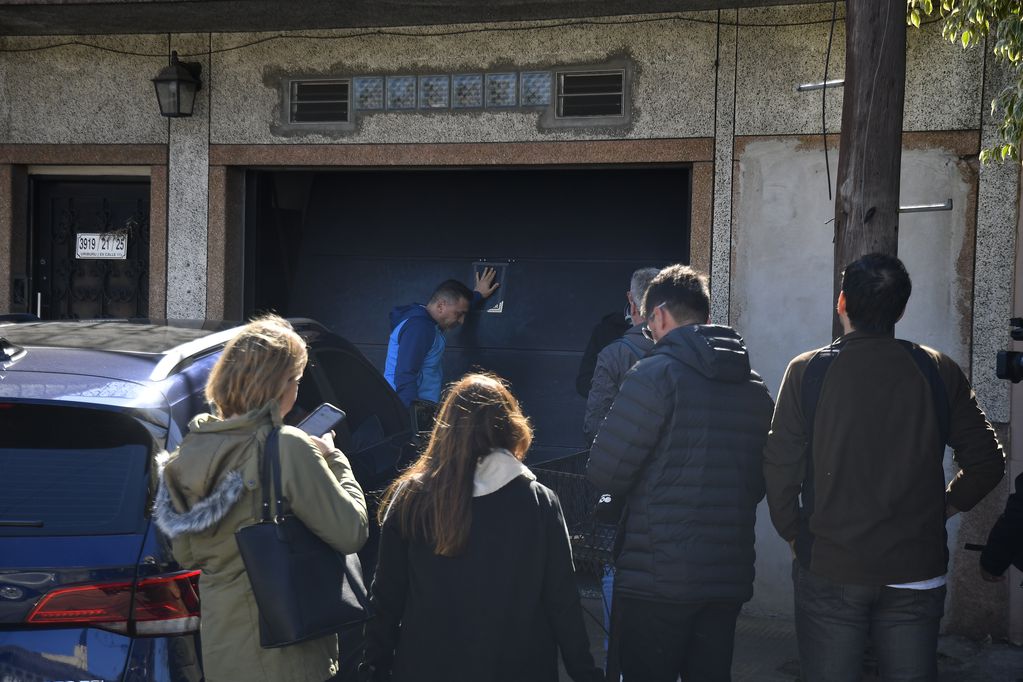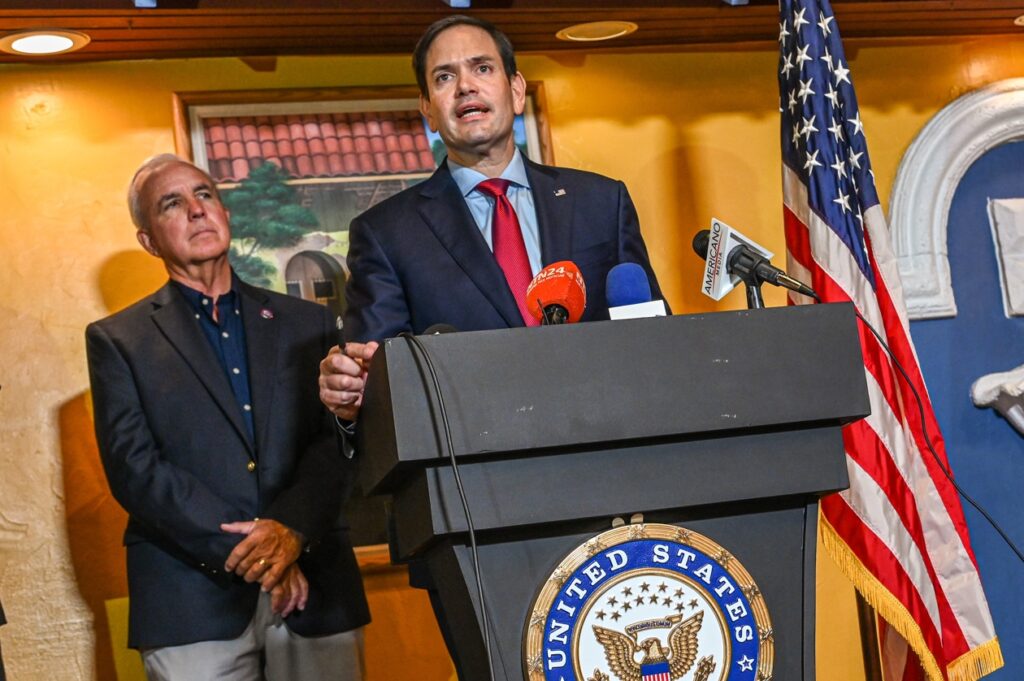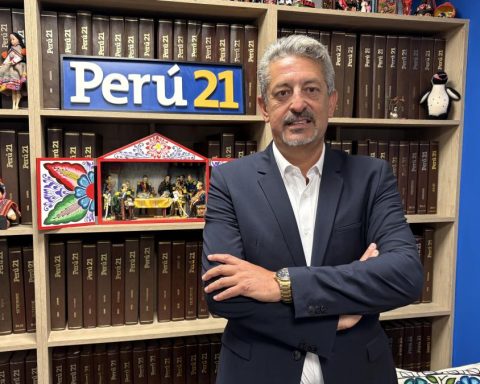“Once this bill is approved by the National Assembly, we await presidential sanction and from the entry into force of this Law, all health institutions, public and private, will have a period of two months to adapt the provision of neonatal screening services with the procedures and protocols provided for in this Law”, explained Dr. Mario Rodríguez, pediatrician and head of the section for children and adolescents of the Ministry of Health (Minsa).
He added that “the first thing is to be clear on the part of all the authorities, in all the screenings, it is not a procedure that is done every 9 months or 10 months a year, it must be done 365 days, because every day of the year, Babies are born.”
Rodríguez added that the newborn has the right and the State has the obligation to provide an answer with this new law to provide the supplies to carry out the screening.
According to statistics from the José Renán Esquivel Children’s Hospital, so far in 2022 (from January to July) 12,864 screenings have been carried out.
On the other hand, he explained that a larger budget will be required, which is maintained over time, and does not decrease. Likewise, Rodríguez added that, with this new Law, private hospitals throughout the country will be allowed to have real statistics on how screening coverage is going in the country.
“We have partial statistical data of reality and now with the Law, it empowers us to be able to request with a legal basis that these private entities provide us with the information,” he said.
Rodríguez added that the second is the regulation of the Law, establishing the protocols, how to do it and the response that the Health services for the newborn will give.
“Over time, this is a good and positive thing and we are working in a coordinated way to reduce disabilities, children who are born with some difficulty in any of their organic systems and become useful citizens to the country”, that is our objective, he emphasized.
Screening is defined as a way of being able to determine a population conglomerate, through a simple test, if they have any birth problem, be it a metabolic, auditory, visual disease or some cardiac alteration, carrying out a medical intervention and being able to know if this patient passes or does not pass that intervention.
The law indicates that metabolic screening is mandatory; in private hospitals, you pay for this service; while in the public sector, both in hospitals of the Ministry of Health (Minsa) and the CSS, this exam is free.
The patient should only comply with the established protocol standard, when to do so (visual, cardiac, auditory and metabolic).
Metabolic screening is done to date and after 10 days a result can be obtained, the problem is that it takes time due to the volume of screenings and that there is more consumption and an increase in speech therapy technicians, genetics technicians.
With this new provision, it is contemplated to detect, as a preventive action, auditory, cardiac and visual problems in newborns, since the current legislation only took into consideration the metabolic test.
He explained that, with the approval of this bill, “the previous screenings are expanded, in six diseases and now it has been expanded to four more procedures, in addition to the metabolic one, now it will be possible to detect in time, if the child that was born comes with some congenital problem of the ears, in his heart with a cardiac screening and most importantly, check his vision and verify that everything is fine”.
“Metabolic screening should be done after 3 days of birth, it is ideal, hormone adjustment and a test (alteration) of the mother’s hormones is shown” added that auditory, visual screening; ideally, it would be before the third or fourth week.
“In case they are born with a surgical condition and that screening; The time of the implants should not exceed 3 or 4 months, which is why screening within the first 30 days of the newborn is vital. He warned.
He reported that they are in the process of buying, through contributions and international aid, both the Minsa, the Senniaf and the IDB are managing a contribution in the purchase of equipment to improve hearing screening in regions that do not have greater access. .
“They are trying to acquire a soundproofed cabin, which provides an isolated environment with particular acoustic conditions that guarantees the measurement in optimal conditions of the hearing threshold of the evaluated individual. These cabins would be placed in three to five hospitals throughout the country” he highlighted.
The bill, which awaits presidential sanction, establishes in its first article, the obligation to carry out neonatal screening, which is universal, routine and continuous as part of the care of newborns in all health institutions , public and private, of the Republic of Panama.
Neonatal screenings will be free in the institutions of the Ministry of Health.
In the second article, the National Program for Neonatal Screening is created, whose regent is the Ministry of Health, with the aim of detecting metabolic or endocrinological, auditory, ocular and cardiac diseases in the newborn to reduce morbidity and mortality and infant disability.
And it highlights that the objectives of this Law are:
1. Guarantee that every newborn has access to the National Neonatal Screening Program in the Republic of Panama in the four types of screening: metabolic, auditory, ocular and cardiac, in public or private facilities.
2. They offer comprehensive care, medical and surgical treatment and necessary technical assistance in a timely manner that corresponds to said diseases and/or disorders detected.
3. Establish inter-institutional, intersectoral and international coordination mechanisms for the comprehensive care of children who have deficiencies and alterations in their screening.











